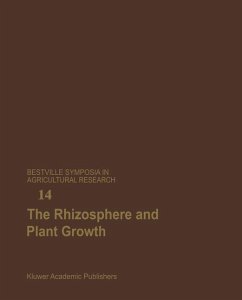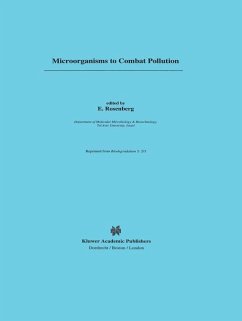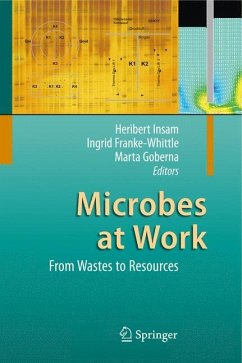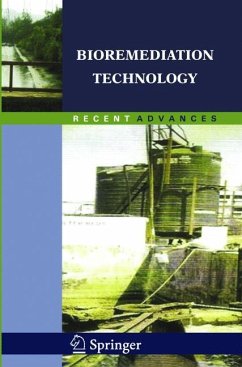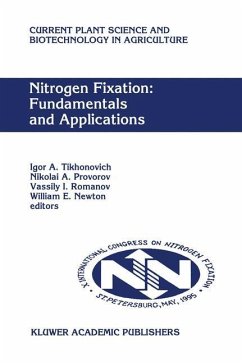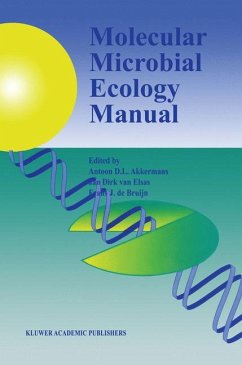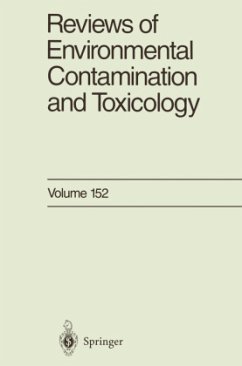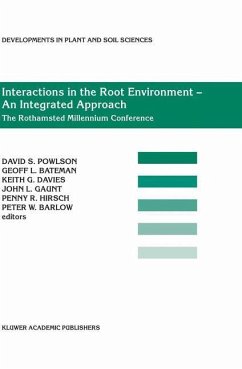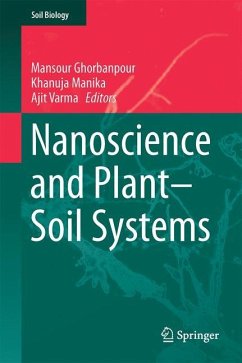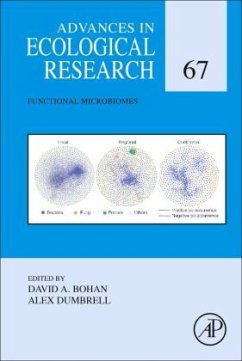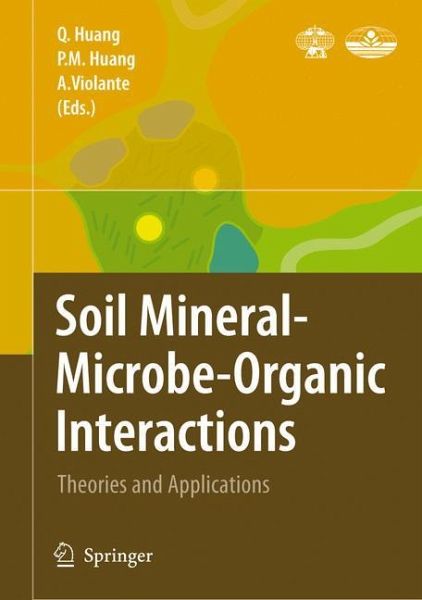
Soil Mineral -- Microbe-Organic Interactions
Theories and Applications
Herausgegeben: Huang, Qiaoyun; Huang, Pan Ming; Violante, Antonio

PAYBACK Punkte
57 °P sammeln!
The book presents the latest research findings and prospects on soil mineral-organic matter-microorganism interactions. It includes topics covering mechanisms of transformations, dynamics and bioavailability of heavy metals, radionuclides, biomolecules and nutrients immobilized on soil minerals, humic substances, mineral-humic complexes and microorganisms and their impact on plant, animal and human health. The book is organized into six parts.
Minerals, organic matter and microorganisms are the major solid components in soil systems. These three constituents do not function independently but rather interact with each other constantly at all times and everywhere in the soil ecosystem. The interactions profoundly affect a series of physical, chemical and biological processes of soils including the behavior, transformation and fate of various nutrients and pollutants. The research on these interactions should, thus, be an important issue for Soil and Environmental Scientists. Therefore, the International Society of Soil Science established the Working Group MO in 1990, which was promoted to a new Commission 2. 5 Soil Physical/Chemical/Biological Interfacial Interactions of the International Union of Soil Sciences (IUSS) in 2004. To date, the Working Group has sponsored four international symposia and these conferences were held in Edmonton (Canada, 1992), Nancy (France, 1996), Naples (Italy, 2000) and Wuhan (China, 2004),respectively. The 4th International Symposium on Interactions of Soil Minerals with Organic Components and Microorganisms (ISMOM2004) was the first Inter-Congress Symposium of IUSS Commission 2. 5. The conference was cosponsored by the International Union of Pure and Applied Chemistry (IUPAC). Doctors P. M. Huang (Canada), A. Violante (Italy), J. -M. Bollag (USA), J. Berthelin (France), J. Zhou (China) and Q. Huang (China) served in the Symposium Organizing Committee.





